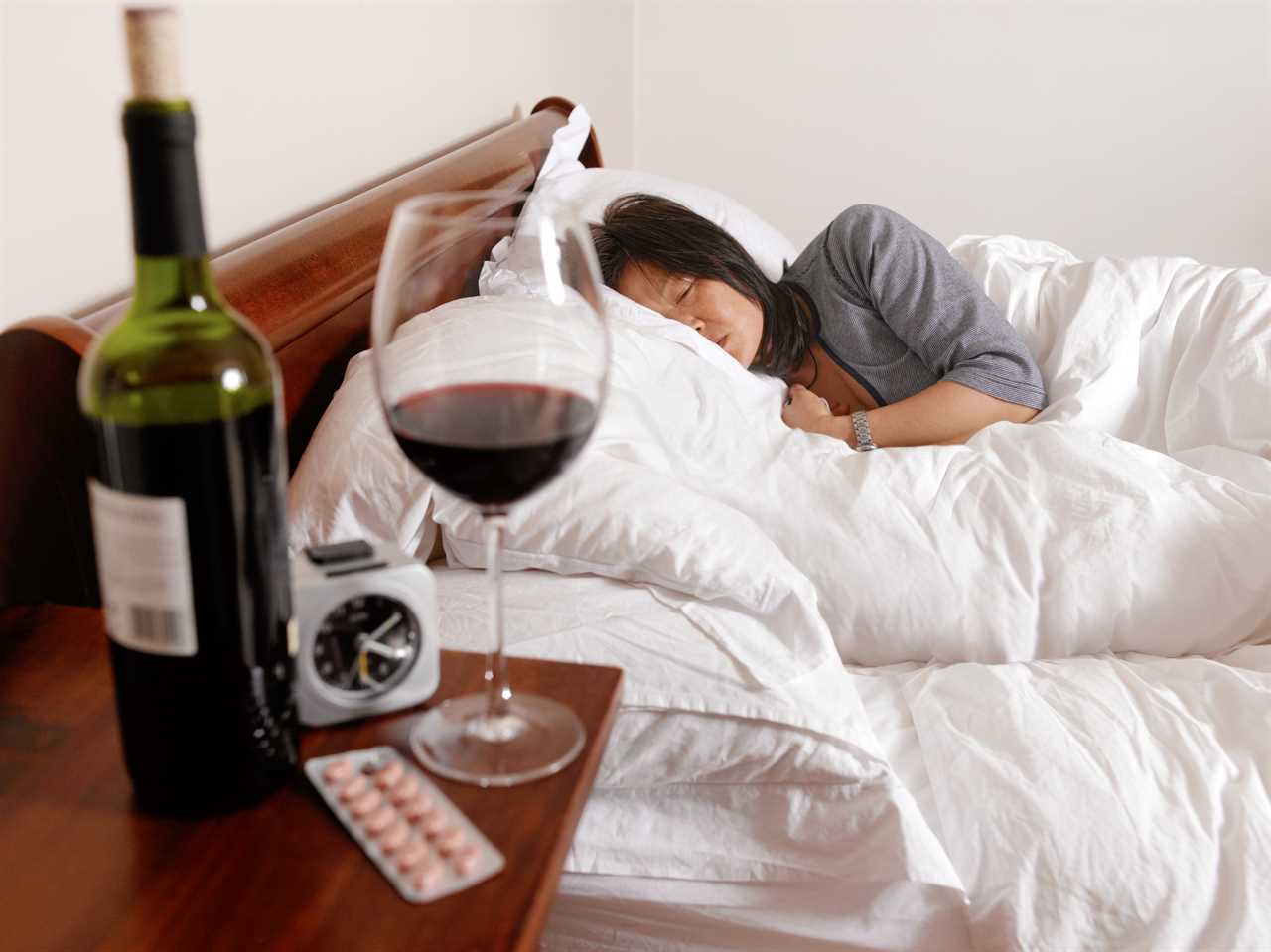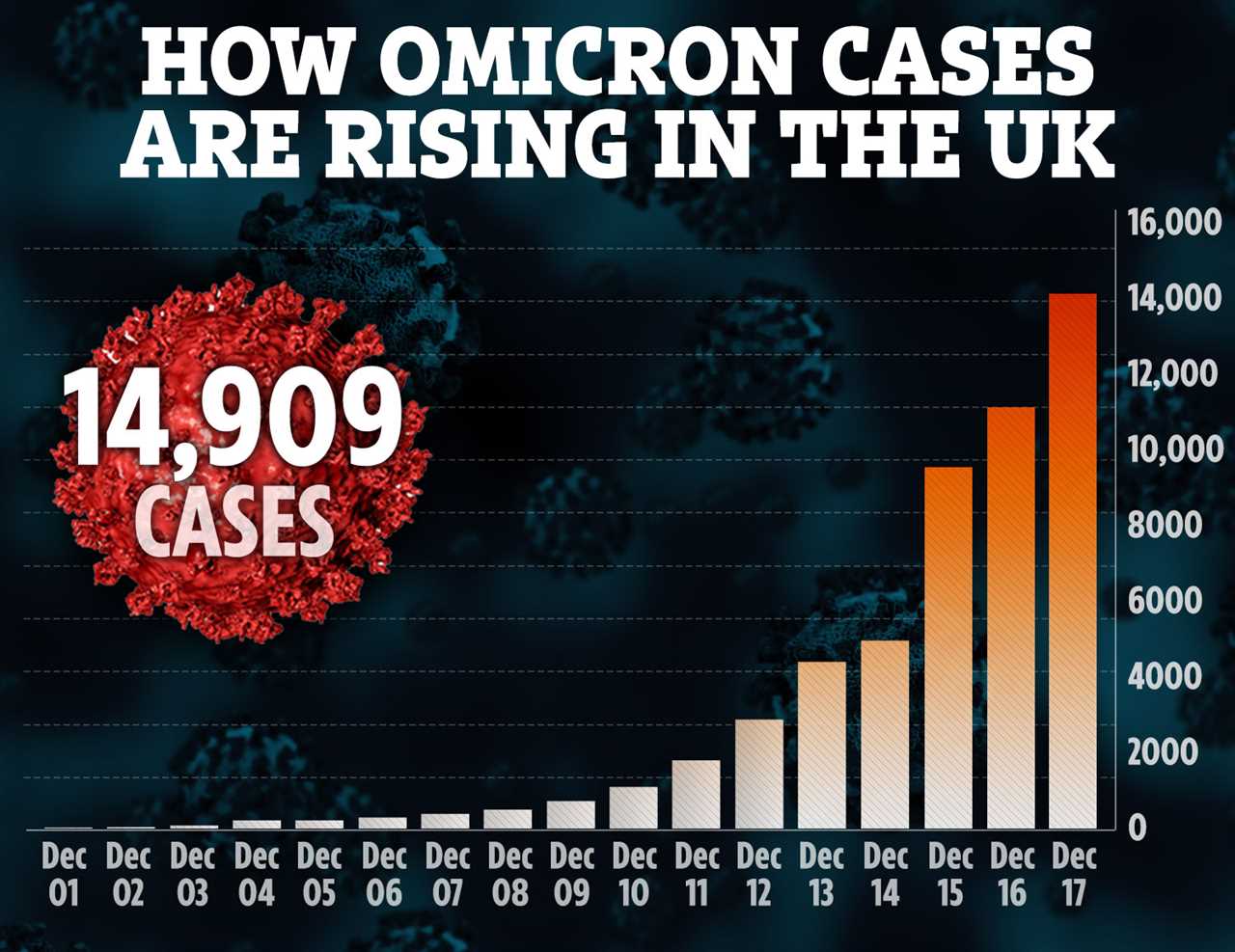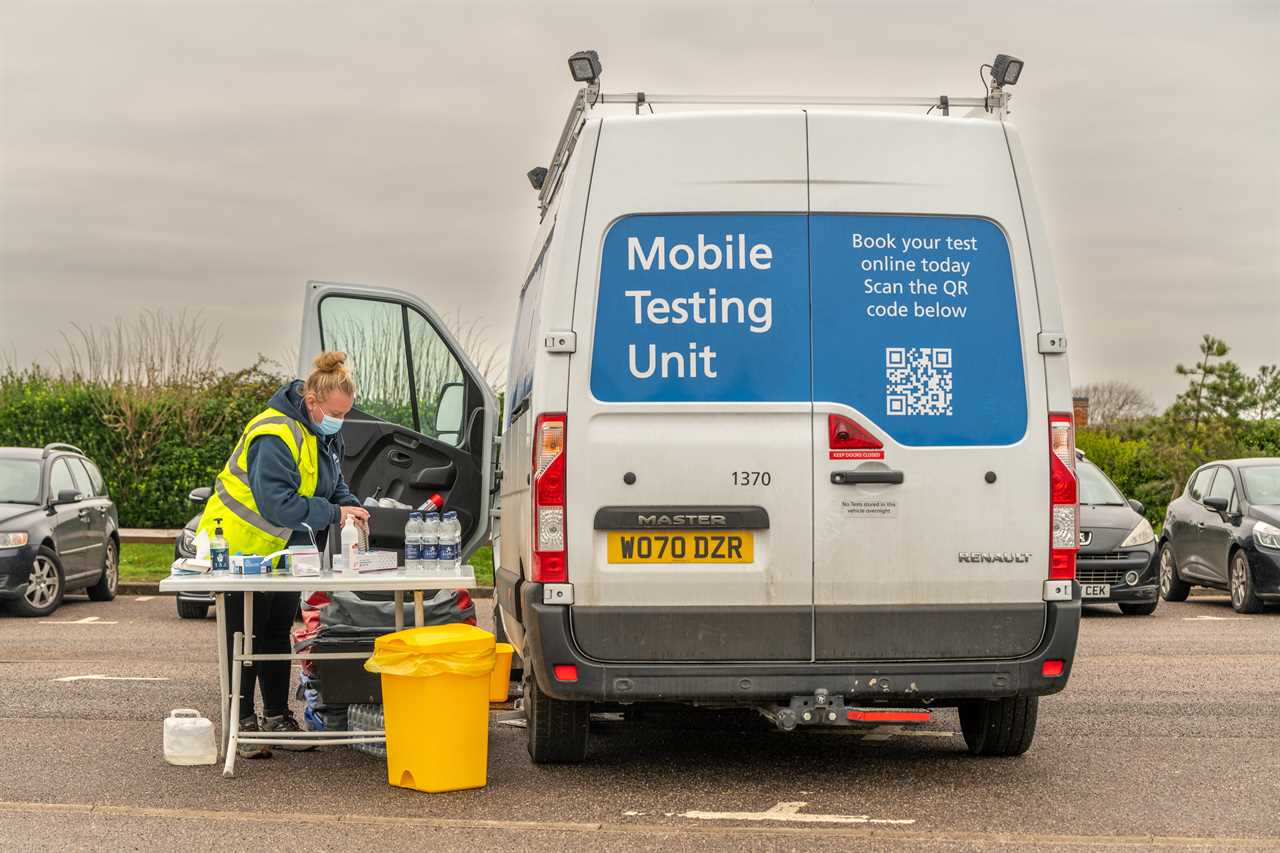CHRISTMAS hasn’t been cancelled – yet – but even if the work do doesn’t happen, who can say no to the odd Baileys (or two or three…) at home, regardless if you’re guaranteed to feel hungover the next day.
The problem is though, when you wake up groaning and reach for the paracetamol and a glass of water, are you absolutely sure it is just a hangover?

“At this time of year, people are enjoying themselves more than usual, and then one too many and you wake up feeling knackered and you assume it’s just because of the alcohol,” says London GP, Dr Adam Caputa.
Unfortunately, it might not be – you could also be dealing with Covid.
The symptoms of the new variant Omicron “do seem to be more varied and potentially subtle than Delta” and can, says Adam “in the early stages, mimic hangover symptoms.”
In fact, signs of Omicron, including extreme fatigue or tiredness, a headache and muscle aches can “all be confused with a hangover”, as can a scratchy throat (“rather than a sore throat”).
So after a night of boozing, it may be tougher than you might expect telling whether it’s the alcohol still swilling around your system making you feel rough, rather than the virus.
The key, says Adam, is how long your ‘hangover’ symptoms stick around for.
“After 24 hours or so, we would normally expect a hangover to settle and all symptoms to clear – so if this persists, we’re looking at it more likely being an Omicron infection.”
“If rest and a takeaway and lying on the sofa improve your symptoms,” he adds, “it’s probably not Omicron.”
Crucially, you need to take note of any “additional symptoms” on top of what your hangovers usually feel like.
“Listen to your body and think, ‘Does this feel like a hangover I’ve had before?’
“Because with so many cases out there at the moment, and symptoms often presenting subtly, it’s really prudent to think about testing and isolating if you have a combination of symptoms together,” says Adam.
“So if you’re really tired with a headache and you’ve also got a fever and cough, for example, then self isolate and do a PCR.”
Cold symptoms, like a blocked nose and congestion, can also be a sign of Omicron.
And don’t forget the previous key symptoms of Covid infection either – fever, cough or loss of smell and taste.
“With those, immediately you should be self isolating and doing a PCR,” says Adam.
You may think that it’d be quite an unlucky coincidence to be struck down with a hangover and Covid simultaneously, but actually, the timeline from exposure to symptoms appearing, “may be briefer with Omicron than previous variants,” says Adam.
Which means “if you are out the night before and catch it that night, you may perhaps even start developing symptoms the next day.”
If you have contracted Omicron, as you might imagine, a double-whammy of having a hangover on top likely won’t make you feel great either.
“It certainly could make you feel more tired than you usually would, and also we know that hangover headaches can be quite nasty,” says Adam.
“[A hangover] could initially exacerbate or make symptoms worse, just as a double effect with the virus.”
Ultimately, if you’re foggily asking yourself: Omicron or hangover? it can be really difficult to tell.
“Lateral flow tests can have a role, but we know if symptomatic, you really do need to do a PCR test,” says Adam.
“If we’re looking at a combination of symptoms which don’t settle within the usual kind of hangover timeframe, 24 hours or so, then that certainly should be prompting isolation and a test.”
If in any doubt, isolate and test.
Trending In The News is also urging readers to sign up to the Jabs Army campaign so vaccine the rollout goes smoothly and so that Britain can get boosted.
A bacon sandwich and a hangover-helping mug of tea won’t go amiss either.








